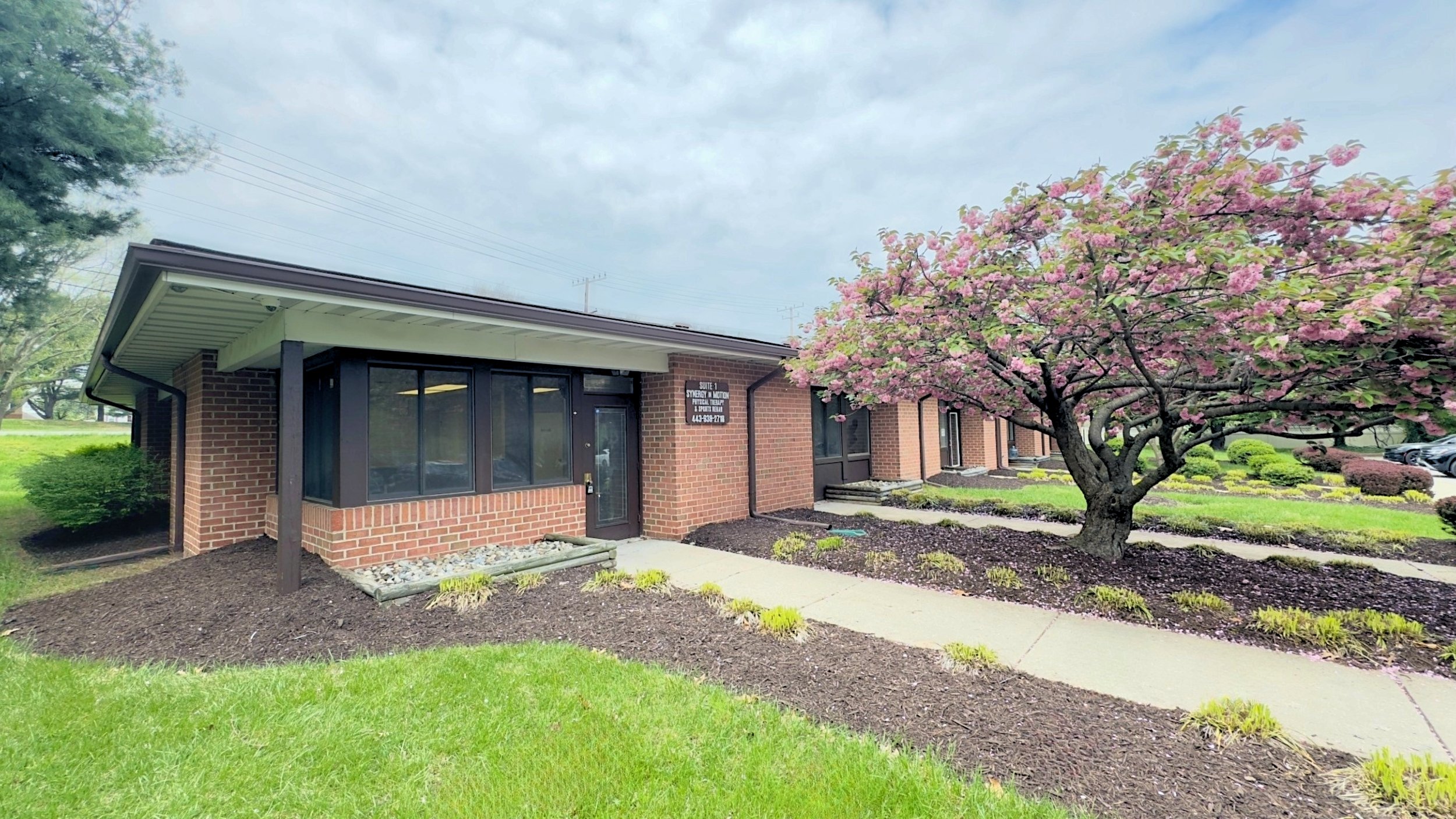
Introduction:
Bringing a new life into the world is a miraculous and transformative experience, but it can also take a toll on a woman's body. Pregnancy and childbirth cause significant changes, both physically and emotionally, and the postpartum period presents unique challenges as women navigate recovery, healing, and adjusting to their new role as mothers. Fortunately, postpartum physical therapy offers invaluable support for women during this critical time, helping them restore their physical health, address musculoskeletal issues, and regain confidence in their bodies.
In this blog post, we'll explore the importance of postpartum physical therapy, its benefits, and how it can empower women to thrive after pregnancy.
Understanding the Postpartum Period:
The postpartum period, often referred to as the "fourth trimester," encompasses the first few months after childbirth, during which a woman's body undergoes a series of physiological changes as it transitions back to its pre-pregnancy state. While this period is a time of joy and bonding with the newborn, it can also be physically challenging as women experience:
1. Musculoskeletal Changes: Pregnancy and childbirth can lead to musculoskeletal imbalances, including weakened abdominal muscles, pelvic floor dysfunction, and postural changes.
2. Pelvic Floor Issues: Childbirth can result in pelvic floor trauma, leading to symptoms such as urinary incontinence, pelvic organ prolapse, and sexual dysfunction.
3. Diastasis Recti: Separation of the abdominal muscles, known as diastasis recti, is common after pregnancy, contributing to core weakness and postpartum belly bulge.
4. Low Back Pain: Hormonal changes, increased ligament laxity, and postural strain can exacerbate low back pain during the postpartum period.
5. Fatigue and Stress: Sleep deprivation, hormonal fluctuations, and the demands of caring for a newborn can contribute to fatigue, stress, and mental health challenges.
The Importance of Postpartum Physical Therapy:
Postpartum physical therapy plays a crucial role in supporting women's recovery and promoting optimal health and well-being during the postpartum period. Here's why postpartum physical therapy is essential:
Ø Comprehensive Assessment: Physical therapists specializing in postpartum care conduct thorough evaluations to assess pelvic floor function, abdominal muscle strength, posture, and musculoskeletal alignment. This assessment helps identify areas of weakness or dysfunction and guides the development of personalized treatment plans.
Ø Pelvic Floor Rehabilitation: Postpartum physical therapy includes targeted exercises and techniques to strengthen and rehabilitate the pelvic floor muscles, addressing issues such as urinary incontinence, pelvic organ prolapse, and pelvic pain.
Ø Core Restoration: Physical therapists use evidence-based techniques to address diastasis recti and restore core strength and stability. This may involve specific exercises to engage the deep abdominal muscles, along with education on proper body mechanics and postural alignment.
Ø Pain Management: Postpartum physical therapy helps alleviate common musculoskeletal issues such as low back pain, pelvic girdle pain, and neck and shoulder tension through manual therapy techniques, therapeutic exercises, and pain management strategies.
Ø Functional Movement Training: Physical therapists focus on restoring functional movement patterns and promoting safe and efficient movement during activities of daily living, caregiving tasks, and exercise routines.
Ø Mental Health Support: Postpartum physical therapy provides a supportive environment for women to discuss their concerns, fears, and emotional challenges related to childbirth and motherhood. Physical therapists can offer guidance on stress management techniques, self-care strategies, and resources for mental health support.
Benefits of Postpartum Physical Therapy:
Postpartum physical therapy offers numerous benefits for women as they navigate the challenges of the postpartum period:
1. Faster Recovery: Physical therapy accelerates postpartum recovery by addressing musculoskeletal issues, promoting tissue healing, and restoring functional mobility.
2. Improved Pelvic Floor Function: Pelvic floor rehabilitation helps women regain control over their bladder and bowel function, reduce pelvic pain, and enhance sexual satisfaction.
3. Enhanced Core Strength: Restoring core strength and function improves posture, stability, and overall physical fitness, reducing the risk of injury and promoting long-term musculoskeletal health.
4. Increased Confidence: Postpartum physical therapy empowers women to feel confident in their bodies and abilities, enabling them to return to daily activities, exercise routines, and recreational pursuits with greater ease and comfort.
5. Prevention of Future Health Issues: Addressing postpartum musculoskeletal issues and pelvic floor dysfunction early can prevent long-term complications such as chronic pain, pelvic organ prolapse, and pelvic floor disorders.
Conclusion:
The postpartum period is a transformative time in a woman's life, and postpartum physical therapy offers vital support for women as they navigate recovery and adjustment after childbirth. By addressing musculoskeletal issues, restoring pelvic floor function, and promoting overall physical and emotional well-being, postpartum physical therapy empowers women to thrive during this critical time. Whether you're a new mom experiencing pelvic pain, urinary incontinence, or diastasis recti, or you're simply looking to optimize your postpartum recovery, consider seeking the expertise of a qualified physical therapist specializing in postpartum care. With compassionate support, evidence-based interventions, and personalized guidance, postpartum physical therapy can help you regain control over your health and rediscover the joy and confidence in your body after pregnancy.
Postpartum Physical Therapy: Restoring Women's Health and Fitness After Pregnancy


